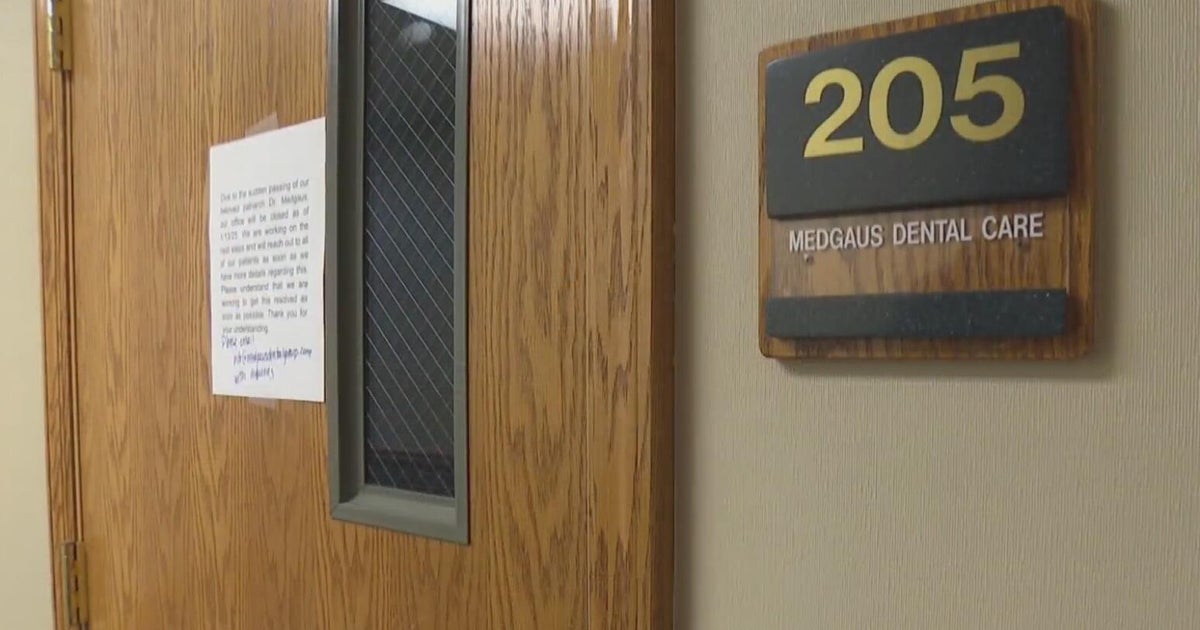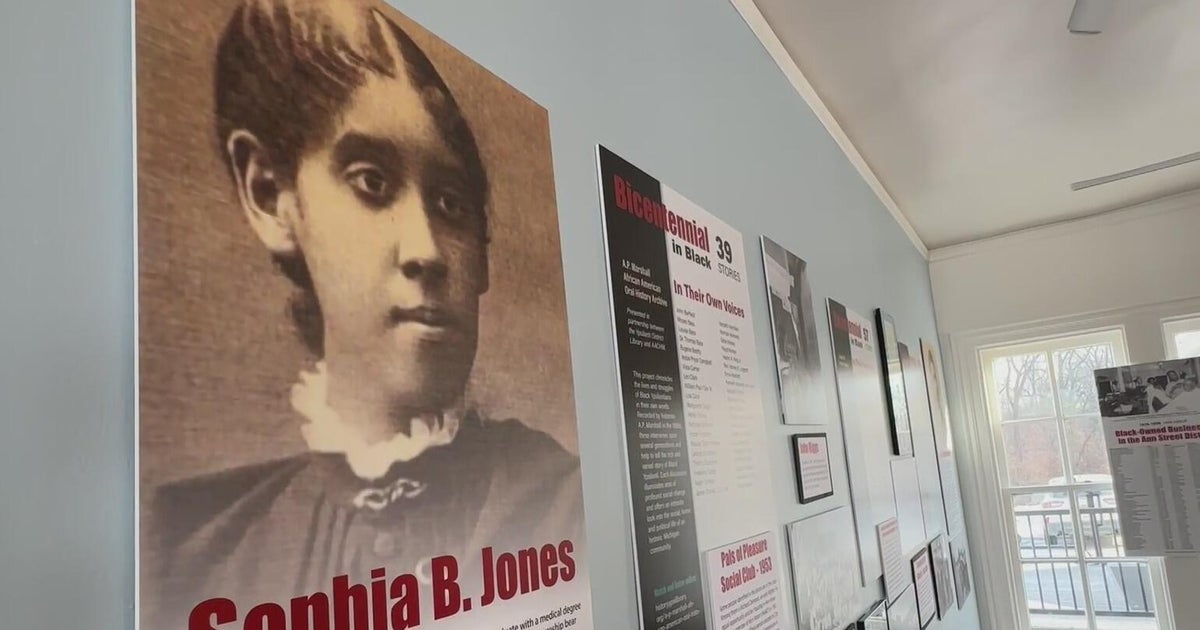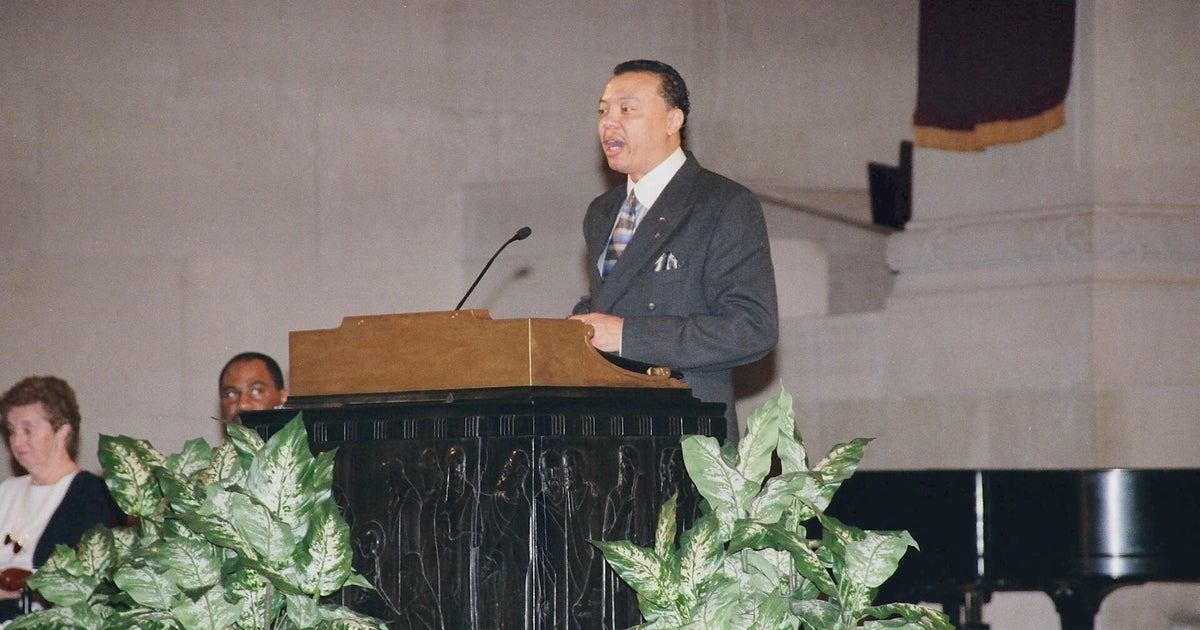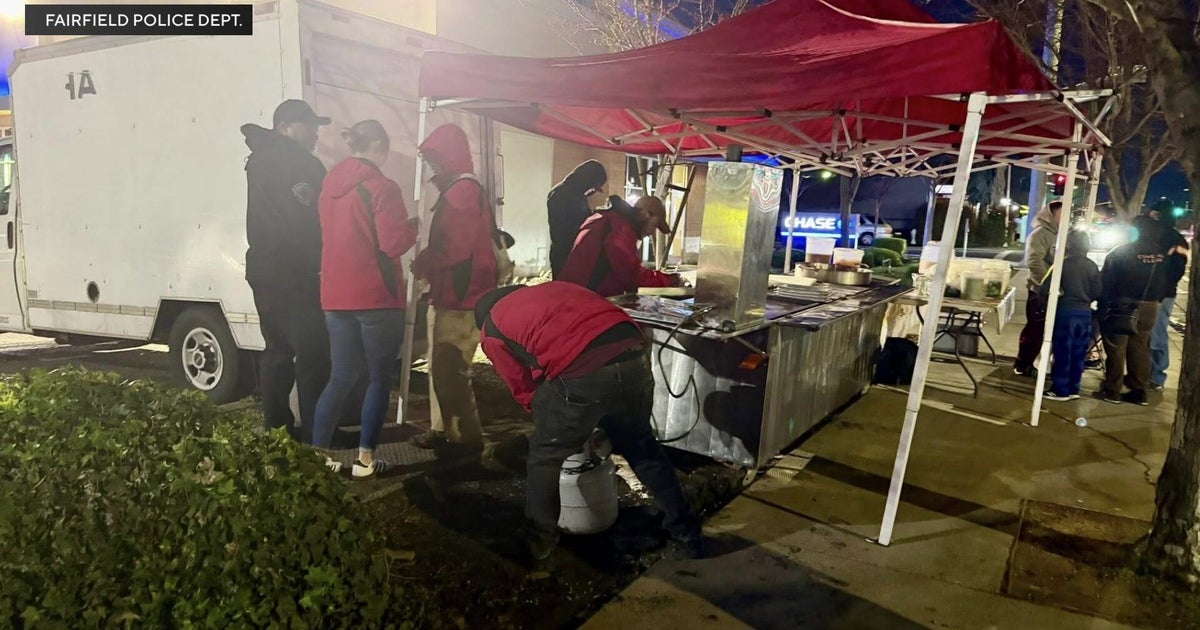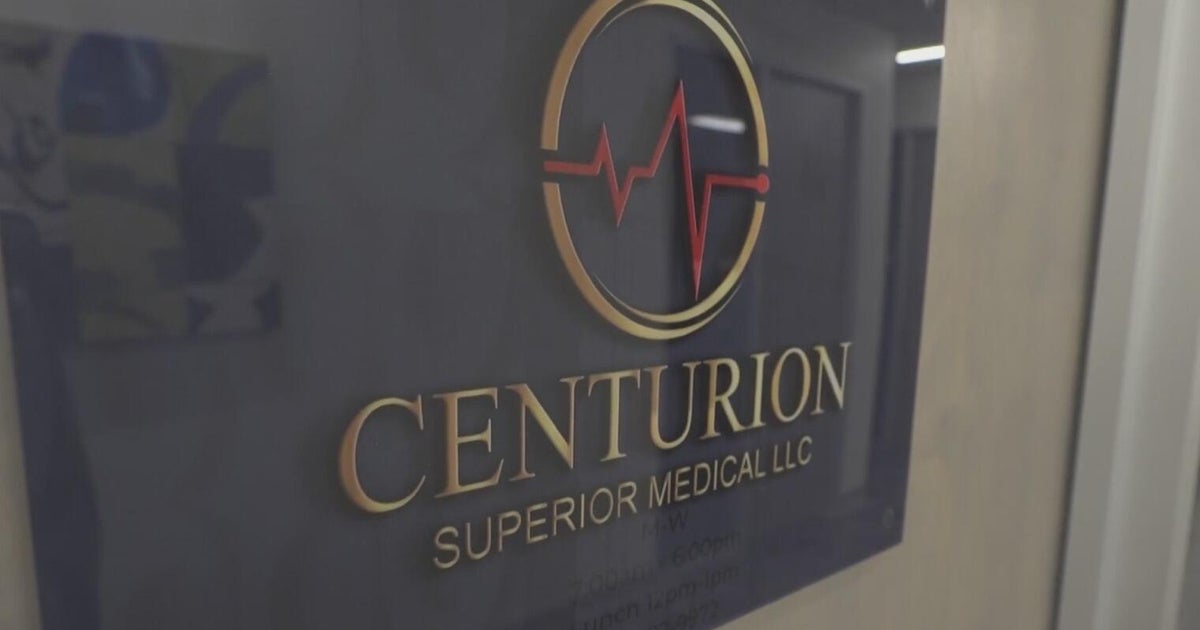Medical Spa Growth Raises Regulatory Worries
The Philadelphia Inquirer
PHILADELPHIA (AP) -- Over the last decade or so, thousands of "medical spas" have popped up around the country, enticing consumers with a name that suggests a surgeon's skill mixed with the pleasure of a massage.
Few states license or inspect them, and they rarely seek accreditation. Any place can call itself a medical spa. Anybody can operate one.
"There is a bit of a Wild West out there," said Leo McCafferty, a board-certified plastic surgeon in Pittsburgh who is president of the American Society for Aesthetic Plastic Surgery. Though providing a facial or chemical peel is fine, he said, for a more invasive procedure like liposuction, "I think the risks would increase exponentially if you are getting it in a place that is not following the tried-and-true guidelines that have been put in place for safe surgery."
Last month, one woman died and two others were hospitalized with dangerous infections after undergoing liposuction at King of Prussia-based Monarch Med Spa's location in Timonium; the state shut the facility down after raising questions about infection control. Pennsylvania and Delaware are investigating the chain's four other locations in their states, with at least one recent infection linked to a local site.
No one has been charged with wrongdoing in the investigations. But Monarch lists no accreditations by any of the national organizations that set standards and conduct inspections for ambulatory surgical facilities. And the "Board Certified Surgeons" touted on a web page since taken down do not include the osteopathic physician who reportedly performed the procedures in Maryland.
The problems are not limited to Monarch -- or to liposuctions.
"About once every two to three weeks," said Kevin Cross, a board-certified plastic surgeon in Philadelphia, he deals with any of three scenarios:
One, an emergency department calls because a patient has shown up with an infection or other problem after a cosmetic procedure and "they don't know who the doctor is or the doctor is not reachable or doesn't have admitting privileges at the hospital or has disappeared. `Can you help?' "
Two, "a patient shows up in my office and says, `I went for this procedure, it was a little less expensive (than at a surgical facility), it was in my price range, I remember hearing board-certified something and I am now left with these scars, these impressions, these dimples, and when I call the office, nobody is willing to see me.' "
In the third scenario, Cross said, "the actual doctor calls and says he had problems. `Will you help me fix it?'"
Spas have always been about wellness. Since the late 1990s, new technologies have allowed some medical procedures formerly done in hospitals and licensed surgical centers to find a home in a hybrid called a medi spa.
Among board-certified physicians working in accredited facilities, liposuction is among the most popular - and safest - of cosmetic surgical procedures. At medi spas, however, facials are the No. 1 treatment; liposuction did not make the top 10 in an industry survey, said Lynne McNees, president of the International Spa Association in Lexington, Ky.
On Wednesday at the LaserDerm Skin Care Center in Broomall, licensed medical aesthetician Heather Rowe ran a diamond-encrusted wand over Lisa Corcoran's face and neck, loosening dead skin cells that were then vacuumed up a tube in a $150 exfoliation treatment.
Rowe, who is also managing director of the medi spa, was disturbed about the liposuction death in Maryland. Invasive procedures are not done at LaserDerm, she said, adding that its medical director, a board-certified plastic surgeon, performs liposuctions at licensed ambulatory surgical centers.
But some other physicians in various specialties have seen lucrative opportunities in an area where customers pay cash. So have investors.
Medi spas accounted for 8 percent of the 20,000 spas in the United States last year, according to the industry study commissioned by the spa association. The survey defined medi spas as places with a physician on site at all times.
Many marketing themselves as medi spas do not fit that definition, however, and would not have been counted. Indeed, the trade organization imposes the same requirement for membership in its own medical-spa category. Only seven have opted into the category.
As medi spas blossomed, medical groups have tried to set standards in areas they can control. The American Society of Plastic Surgeons, for example, now requires its members to operate only in accredited surgical facilities.
Plastic surgeons undergo three to four years of general surgical training plus two or three more specializing in plastic surgery. Some general practitioners, dermatologists, and gynecologists take weekend courses in cosmetic procedures and then perform them in medi spas, said Harlan Pollock, president of the American Association of Ambulatory Surgical Facilities.
"Liposuction is surgery. It is a relatively simple technique that doesn't typically have a problem - unless there is a problem," said Pollock, a board-certified plastic surgeon in Dallas.
Improperly sterilized, the hollow tubes that are inserted into the body to suck out fat can cause infection deep in the tissue. A surgeon is likely to catch it quickly, he said. Someone else may not - especially if the follow-up is done by a nonphysician or over the phone.
Even a local anesthetic like lidocaine can -- rarely -- cause an overdose, Pollock said. Some lasers can burn.
Several liposuction-related deaths in Florida led to a new law limiting the procedure to hospitals and surgical centers inspected by the state.
Maryland, too, is considering closing a regulatory loophole that exempted from inspection the Monarch spa in suburban Baltimore where a woman acquired a fatal infection.
Laura Feragen, a spokeswoman for the company, said only physicians licensed by their state's board of medicine perform surgical procedures and "all Monarch facilities operate in compliance with any requirements by the individual states in which they do business."
Pennsylvania -- where Monarch operates spas in Philadelphia, King of Prussia, and Harrisburg -- doesn't require licenses for medi spas, said Holli Senior, a spokeswoman for the state Health Department.
Nor do New Jersey and Delaware, where Monarch runs a spa in Greenville.
With medi spas excluded from government regulation and generally not seeking accreditation from national organizations, experts say it is critical that customers realize the potential for harm and thoroughly research practitioner and place.
Medi spas "take all the things that human nature makes you afraid of, and they sort of turn it around: 'We'll do it in a spa, you don't need anesthesia, you don't need blood tests,' " said Alan Matarasso, a board-certified plastic surgeon in New York.
"With plastic surgery, you want to be more careful than if you get hit by a car," he said, because cosmetic surgery is your decision.
"You have to make choices here as if your life depended on it. Because it does."
(Copyright 2012 by The Associated Press. All Rights Reserved.)


